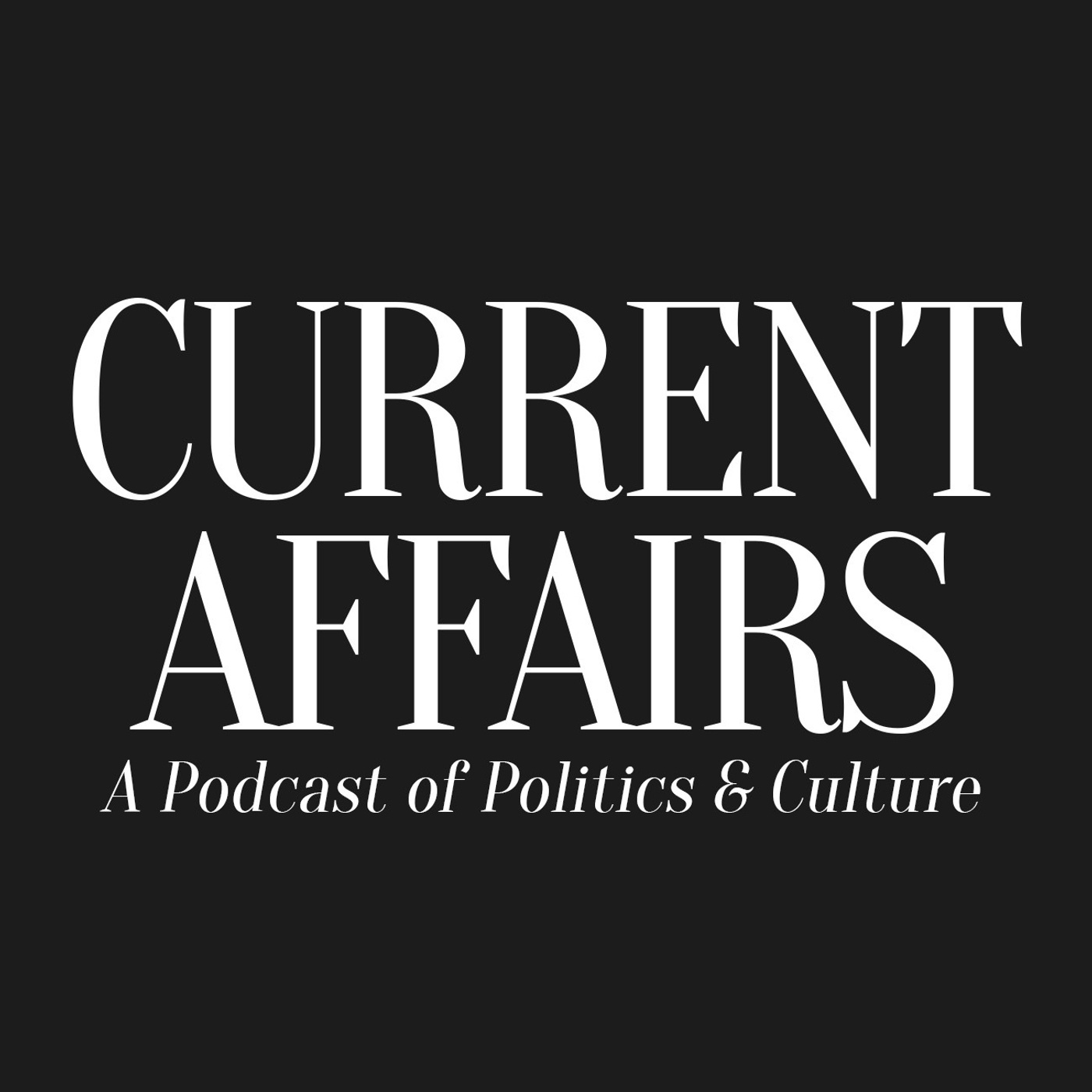How To Be A Smart Media Critic Who Knows Propaganda When They See It
Norman Solomon is one of the foremost progressive media critics, having founded the Institute for Public Accuracy and authored or co-authored many books on media including Unreliable Sources: A Guide to Detecting Bias in News Media, War Made Easy: How Presidents and Pundits Keep Spinning Us to Death, and The Habits of Highly Deceptive Media. Today Norman joins to give us a crash course in how to be an informed and careful consumer of news media who can spot bias and buzzwords. Norman explains how to read your morning newspaper to figure out what you're not being told, and gives examples of how dissenting opinions (particularly on war) are censored. He shows how words like "defense" and "reform" are used to obscure the truth, and argues that when you actually understand an issue deeply, you can easily see how bad the media coverage of it is. We discuss how social movements like Occupy and the democratic socialists are covered in the mainstream press, and what we can learn from a generation of prior media critics like Upton Sinclair and I.F. Stone. Norman also encourages us to be skeptical of progressive media as well, making sure that we're always concerned with a fair representation of the facts. As a bonus, Norman recounts his 1990s run-in with Dilbert creator Scott Adams. Long before Adams went full MAGA, Norman was warning that Dilbert posed as a satire of the workplace but was actually clearly written by a reactionary. He even wrote a book called The Trouble With Dilbert: How Corporate Culture Gets the Last Laugh. At the time, Norman was presented in the press as hysterical killjoy, but he has been fully vindicated over time and deserves credit for being among the first to see through Adams. Norman's Nation tribute to Robert Parry is here. The website of Fairness and Accuracy in Reporting (FAIR) is here. The full conversation between Noam Chomsky and the BBC's Andrew Marr is here. Nathan's article on the 2019 DSA convention is here, and one can contrast it with the depiction of the same event on Fox News. Nathan's article on the Guardian incident is here. Ashleigh Banfield's full speech can be watched here. Philip Agee's CIA diary is here. How to Read Donald Duck is here. Upton Sinclair's The Brass Check: A Study of American Journalism can be read in full at Project Gutenberg. George Seldes' memoir is here.The thumbnail for this episode is from the Dilbert comic written about Norman Solomon in February of 1998. More on the episode can be read in 1990s newspaper articles like "

